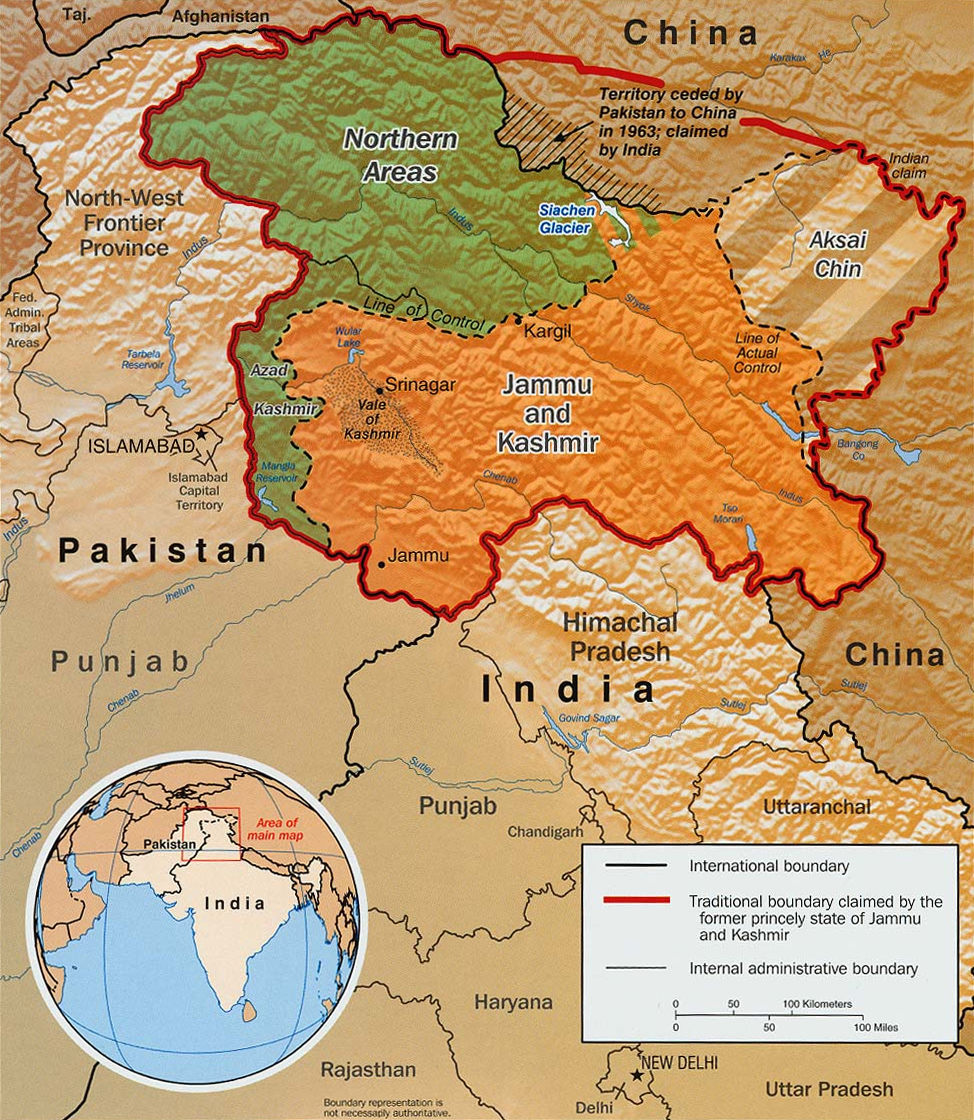
There is an old story of how the cathedral of Chartres was struck by lightning and burned to the ground. Then thousands of people came from all points of the compass, like a giant procession of ants, and together they began to rebuild the cathedral on its old site. They worked until the building was completed — master builders, artists, labourers, clowns, noblemen, priests, burghers. But they all remained anonymous, and no one knows to this day who built the cathedral of Chartres.
Regardless of my own beliefs and my own doubts, which are unimportant in this connection, it is my opinion that art lost its basic creative drive the moment it was separated from worship. It severed an umbilical cord and now lives its own sterile life, generating and degenerating itself. In former days the artist remained unknown and his work was to the glory of God. He lived and died without being more or less important than other artisans; 'eternal values,' 'immortality' and 'masterpiece' were terms not applicable in his case. The ability to create was a gift. In such a world flourished invulnerable assurance and natural humility. Today the individual has become the highest form and the greatest bane of artistic creation.
The smallest wound or pain of the ego is examined under a microscope as if it were of eternal importance. The artist considers his isolation, his subjectivity, his individualism almost holy. Thus we finally gather in one large pen, where we stand and bleat about our loneliness without listening to each other and without realizing that we are smothering each other to death. The individualists stare into each other's eyes and yet deny the existence of each other.
We walk in circles, so limited by our own anxieties that we can no longer distinguish between true and false, between the gangster's whim and the purest ideal. Thus if I am asked what I would like the general purpose of my films to be, I would reply that I want to be one of the artists in the cathedral on the great plain. I want to make a dragon's head, an angel, a devil — or perhaps a saint — out of stone. It does not matter which; it is the sense of satisfaction that counts.
Regardless of whether I believe or not, whether I am a Christian or not, I would play my part in the collective building of the cathedral.
----------------------------------------------------------
I want very much to tell, to talk about, the wholeness inside every human being. It's a strange thing that every human being has a sort of dignity or wholeness in him, and out of that develops relationships to other human beings, tensions, misunderstandings, tenderness, coming in contact, touching and being touched, the cutting off of a contact and what happens then.
----------------------------------------------------------
When film is not a document, it is dream. That is why Tarkovsky is the greatest of them all. He moves with such naturalness in the room of dreams. He doesn't explain. What should he explain anyhow? He is a spectator, capable of staging his visions in the most unwieldy but, in a way, the most willing of media. All my life I have hammered on the doors of the rooms in which he moves so naturally. Only a few times have I managed to creep inside. Most of my conscious efforts have ended in embarrassing failure...
----------------------------------------------------------
My basic view of things is — not to have any basic view of things. From having been exceedingly dogmatic, my views on life have gradually dissolved. They don't exist any longer... I've a strong impression that our world is about to go under. Our political systems are deeply compromised and have no further uses. Our social behavior patterns — interior and exterior — have proved a fiasco. The tragic thing is, we neither can nor want to, nor have the strength to alter course. It's too late for revolutions, and deep down inside ourselves we no longer even believe in their positive effects. Just around the corner an insect world is waiting for us — and one day it's going to roll in over our ultra-individualized existence. Otherwise I'm a respectable social democrat.
----------------------------------------------------------
To the fanatical believer physical and spiritual suffering is beside the point, compared with salvation. That is why, to him, everything happening around him is irrelevant, a mirror-image, a mere will-o'-the-wisp. ... I can really never get shot of them, the fanatics. Whether they appear as religious fanatics or vegetarian fanatics makes no odds. They're catastrophic people. These types whose whole cast of mind as it were looks beyond mere human beings toward some unknown goal. The terrible thing is the great power they often wield over their fellow human beings. Apart from the fact that I believe they suffer like the very devil, I've no sympathy for them.
----------------------------------------------------------
People think there's a solution... If everything is distributed in the proper quarters, put into the right pigeonholes, everything will be fine. But I'm not so sure. ... Nothing, absolutely nothing at all has emerged out of all these ideas of faith and scepticism, all these convulsions, these puffings and blowings. For many of my fellow human beings on the other hand, I'm aware that these problems still exist — and exist as a terrible reality. I hope this generation will be the last to live under the scourge of religious anxiety.
----------------------------------------------------------
I throw a spear into the darkness. That is intuition. Then I must send an army into the darkness to find the spear. That is intellect.











